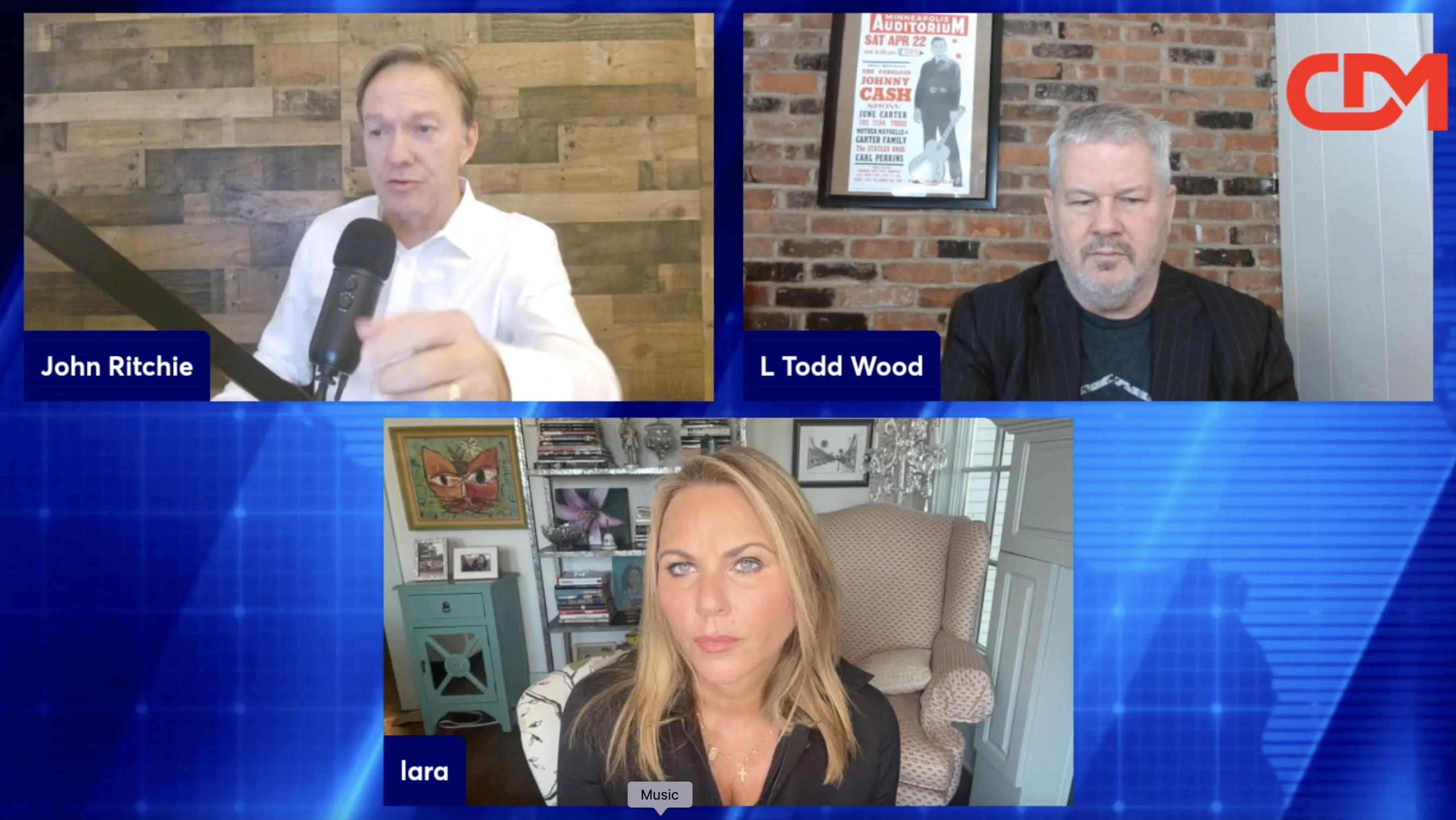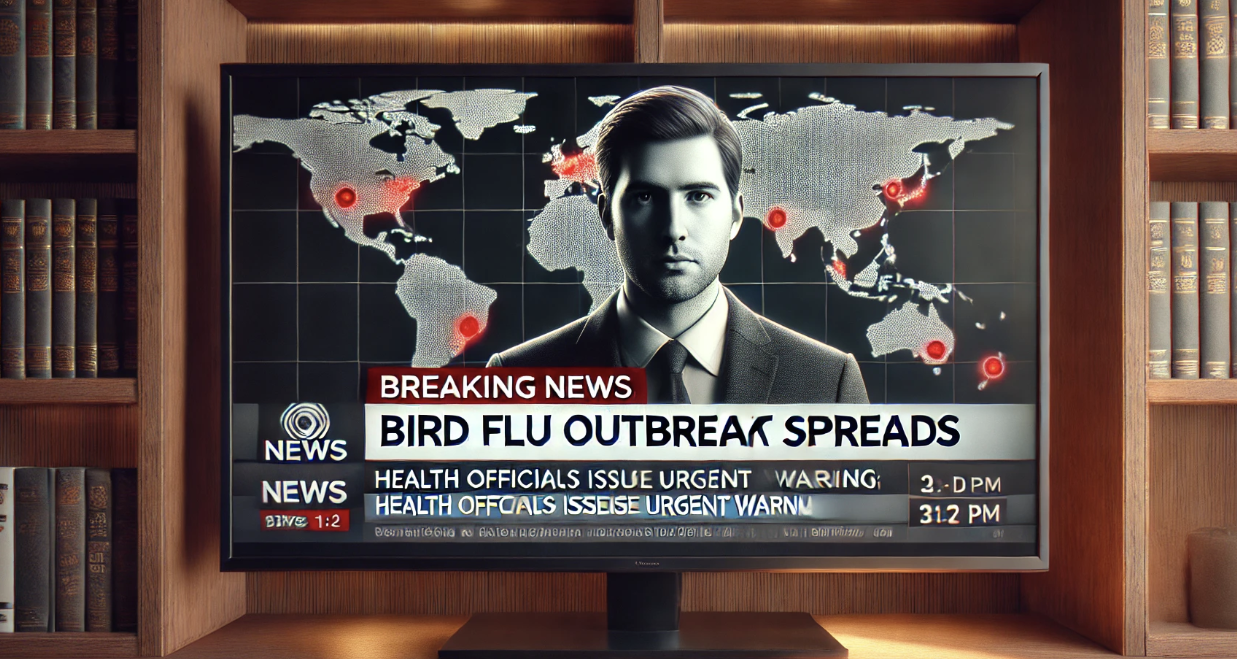Today's ‘Man Bites a Dog’ story is news that the U.S. Commission on International Religious Freedom has added India to its list of countries of greatest concern. That puts India in the same pool with China, Pakistan and Saudi Arabia.

India is home to at least nine recognized religions. The major religions practiced in India are Hinduism, Islam, Christianity, Sikhism, Buddhism and Jainism. Zoroastrianism, Judaism and the Baha'i Faith are also practiced in India. The country is considered the birthplace of some of the world's major religions including Hinduism, Buddhism, Sikhism and Jainism. India has the third largest population of Muslims in the world at roughly 140 million people. Hindus comprise 80% of the population and the geographical distribution of religious belief highlights where and why there is religious conflict.

Muslims are primarily located in the Kashmir, Punjab and around Bangladesh which have been regions of conflict in India since 1947. The US commission claims that the government of Prime Minister Narendra Modi has introduced policies hurtful to the country’s 172 million Muslims and allowed a campaign of hate and violence against them. In the 1990s, long before Modi, India began building a security fence along the Line of Control (LoC) established under the Simla Agreement, which was signed on 3 July 1972. The LoC is considered by most security experts to be among the most dangerous places on earth and with recent reports of 'Afghan fighters' detected along the India-Pakistan border the security protocols have increased. The eastern section of India surrounding Bangladesh has been suffering religious strife since Operation Searchlight inflicted mass murder on the non-Muslim population in 1971.
The commission urged the U.S. government to “impose targeted sanctions on Indian government agencies and officials responsible for severe violations of religious freedom by freezing those individuals’ assets and/ or barring their entry into the United States.” It did not identify any agencies or officials it deemed responsible. The Trump administration has improved the security and trade relationship with India over the past 3 years and the subcontinent is poised to become a key ally in the post-Chinavirus world order.
























